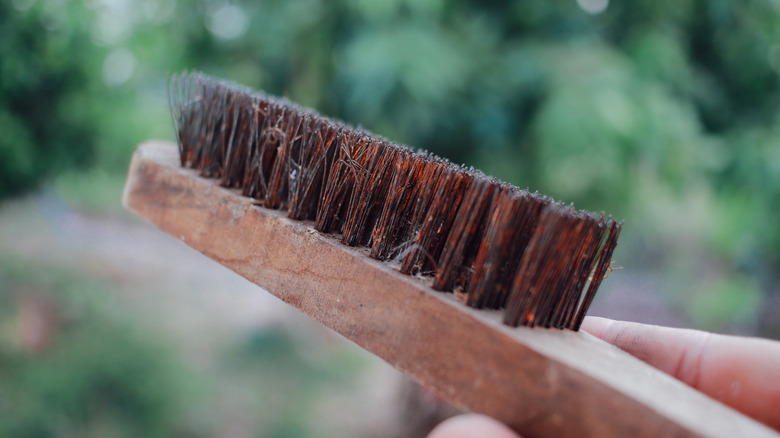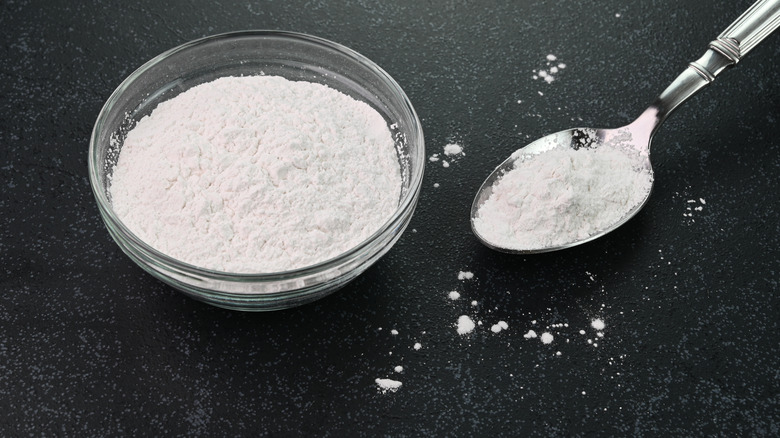Keep Rust At Bay With Prevention Tips For Wire-Brushed Tools
We may receive a commission on purchases made from links.
Wire-brushed tools are trusty sidekicks that help us build, fix, and create. However, they can become rusty little monsters if you're not careful. One day, your shiny tool is doing its job; the next, it's a sad, rusty relic of its former self. Luckily, you can keep those brushes looking as good as new with just a bit of care and some simple tricks. To start, make sure you apply a rust inhibitor, handle your tools with care, and store them properly.
Rust inhibitors come in various forms, but they generally create a protective barrier on the surface of your tools to keep moisture and air away. You can find sprays or coatings at your local hardware store. Applying a rust inhibitor is easy. Clean your tools first and then spray or wipe on the inhibitor. Applying this magical potion isn't a one-time deal; you'll want to do it regularly, especially after using your tools.
When using your tools, remember they aren't indestructible superheroes; they need gentle treatment. Roughing them up can lead to scratches and, ultimately, rust. Avoid dropping them or leaving them out in the rain since exposure to moisture and oxygen is a recipe for disaster. When it comes to storing, don't toss them into a dark corner of the garage; instead, keep them in a dry, cool place away from moisture. If your tools get cozy with water or humidity, they'll throw a rust party you don't want to attend.
Methods for removing rust from your wire-brushed tools
Sometimes, even after preventative care, rust crashes to the party. To reclaim your tools from corrosion, consider using vinegar, baking soda, or commercial rust removers. Vinegar is an acidic miracle worker that can help dissolve rust like magic. Grab a container, pour in white vinegar, and submerge your rusty tools. Let them soak for a few hours (or overnight if the rust is particularly stubborn). After the soak, scrub them with a fine sandpaper and watch as the rust surrenders. Rinse and dry thoroughly, and your tools will be back to their shiny selves, ready for action.
If you're feeling a little more adventurous and maybe a bit of a chemist, baking soda is another excellent option for rust removal. Mix baking soda with a bit of water to create a paste, then slather it onto the rusty areas of your tools. Let it sit for a few hours, then grab a scrub brush and give those rust spots a vigorous scrub. Remember to rinse and dry your tools afterward, or you might end up in the rust removal game all over again.
Now, if you're short on time or want to bypass the DIY route, industrial rust removers, like CRC Evapo-Rust Non Toxic Rust Remover, for those who prefer a no-fuss solution. These products often come in spray or gel form and are designed to eat away rust with minimal effort on your part. Follow the instructions on the label, apply it to the rusty areas, and let it do its thing.

